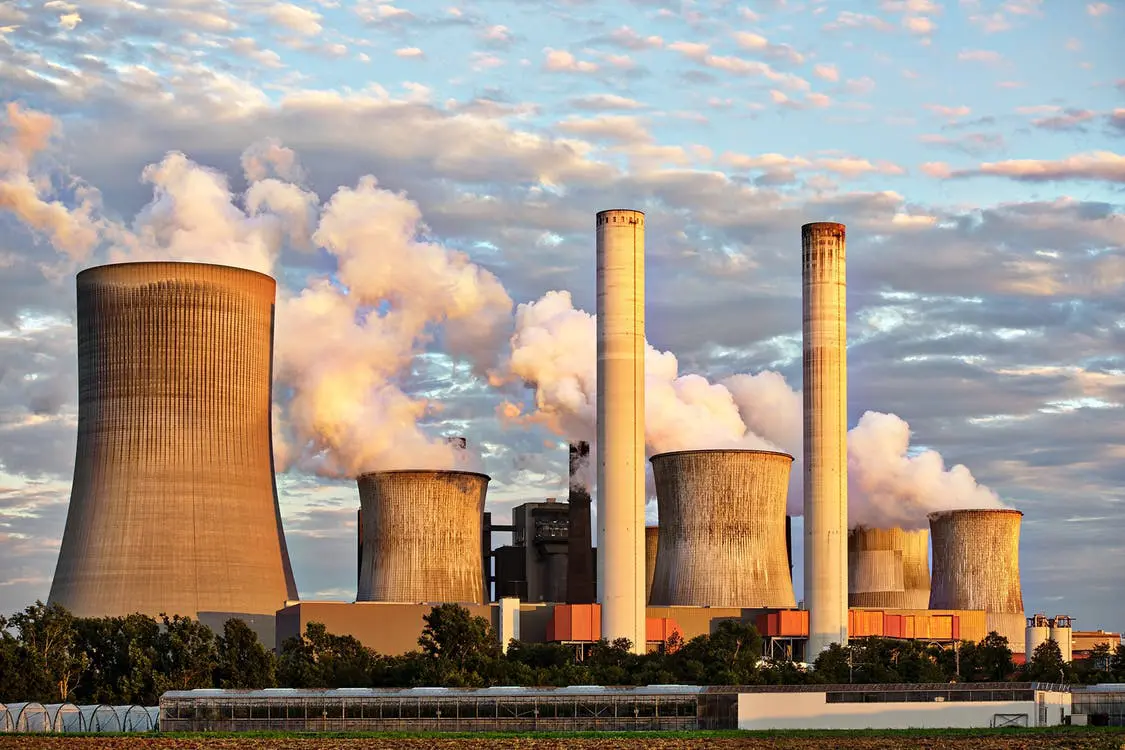The G7 nations have struck a landmark deal for coal power phase-out by 2035, marking a watershed moment in the fight against climate change.
Energy ministers from the G7 group of advanced economies have reached a significant breakthrough agreement to phase out coal-fired power plants by 2035. Announced during a ministerial meeting in Turin, Italy, this decision signals a significant commitment from the world’s leading economies to accelerate the transition from fossil fuels.
UK minister for nuclear and renewables, Andrew Bowie, speaking in an interview with CNBC on Monday, called the meeting “historic” and said, “We do have an agreement to phase out coal in the first half of the 2030s”, according to a Financial Times report.

This development aligns with the broadening international consensus to address climate change. Following last year’s COP28 summit, where nations resolved to move away from fossil fuels, the G7 agreement provides concrete action on that pledge. While previous discussions often faced resistance from coal-dependent countries, this unified stance highlights a shift in priorities within global energy policy.
The G7: a brief background
The Group of Seven (G7) is an informal forum comprising Canada, France, Germany, Italy, Japan, the United Kingdom, and the United States. These nations, representing some of the world’s largest economies, meet annually to discuss pressing global issues, including economic policy, security, and, increasingly, climate change.
Read more: Current+
We are MCS Certified Solar Panel Installers. See more information on Solar Panels.
Click for more information on Battery Storage.
For more information on Solar Panels and Battery Installation contact Tanjent Energy.





